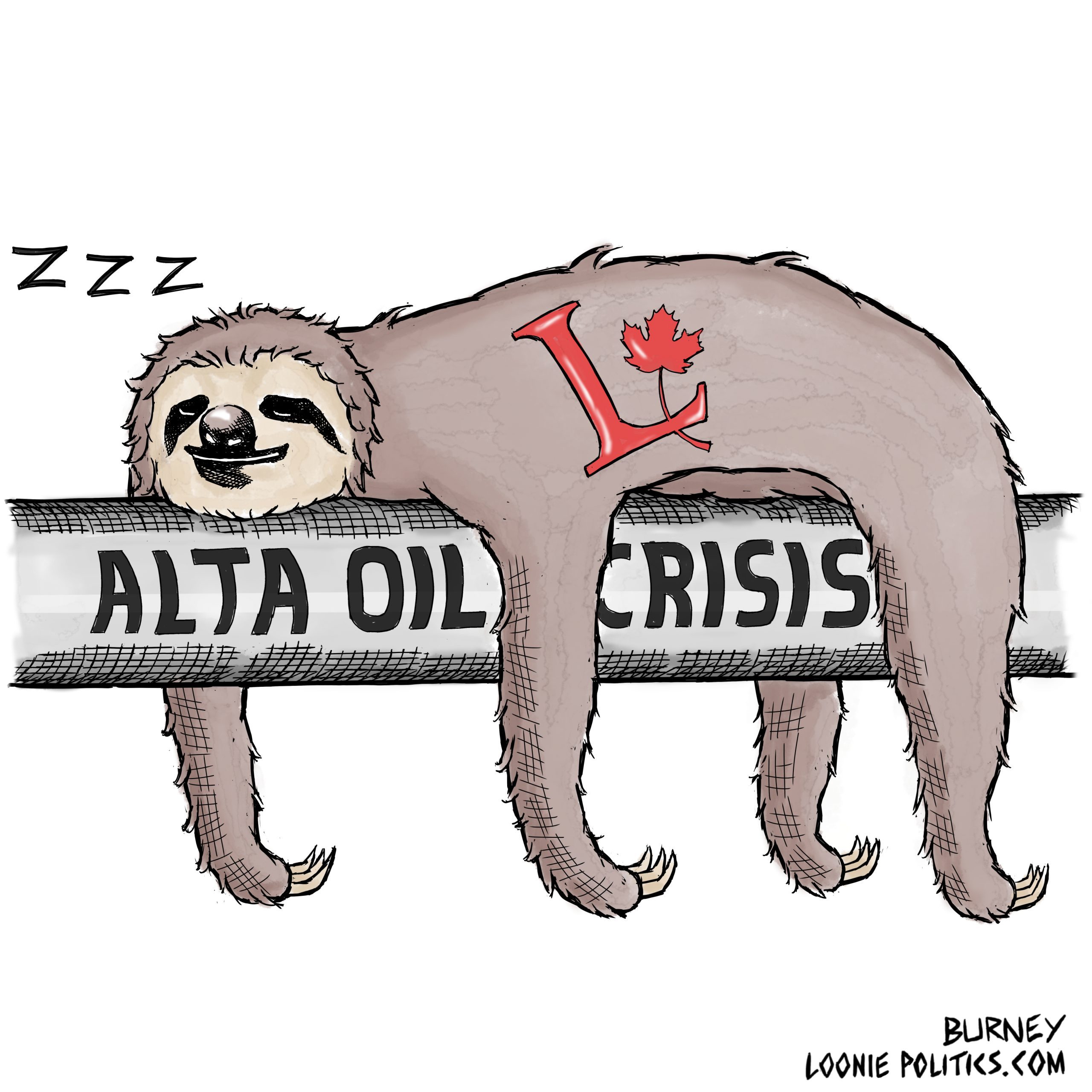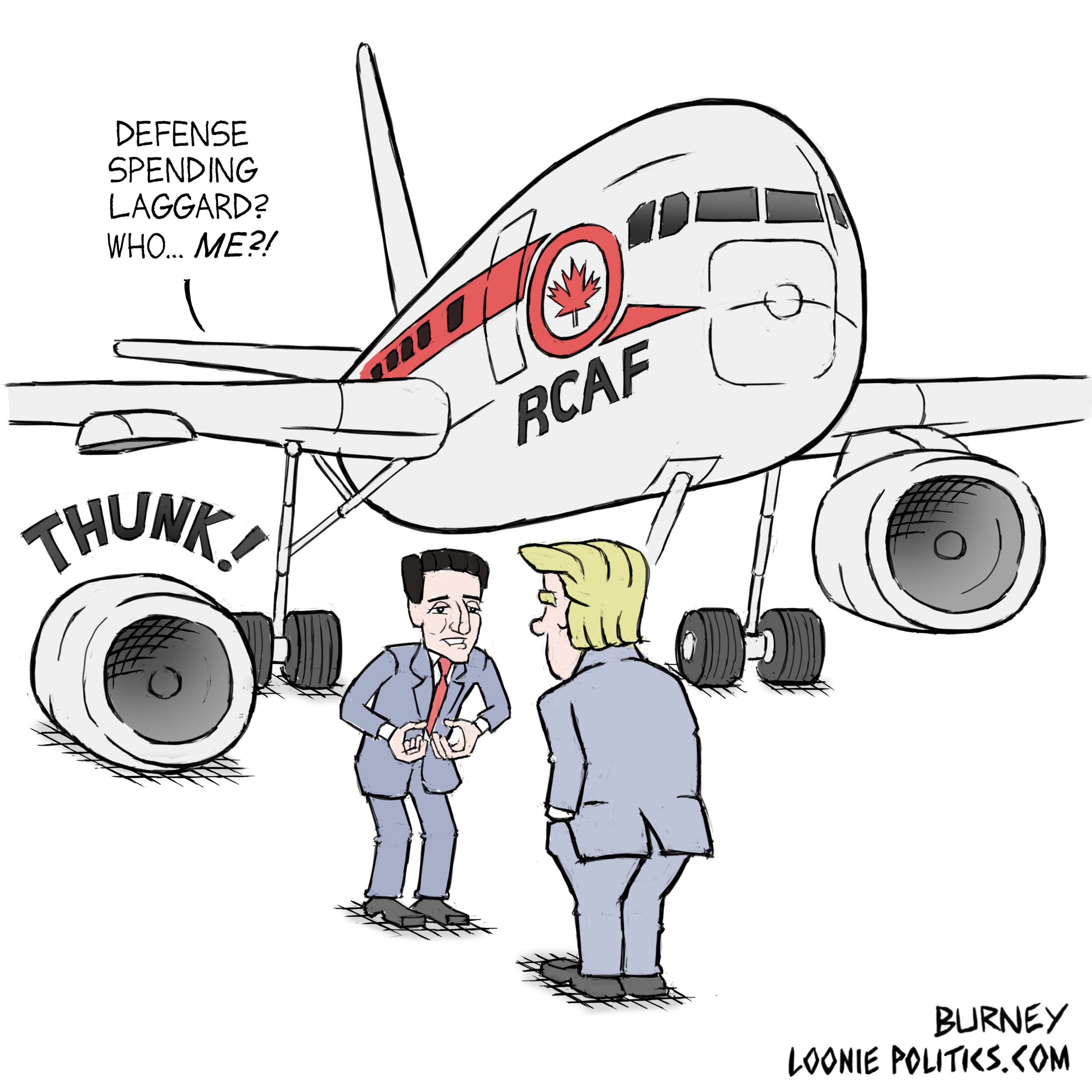Well, that worked out pretty well.
Rachel Notley announces an 8.7 per cent production cut and the Western Canada Select price starts bobbing up immediately. Never mind that the curtailment of Alberta oil production doesn't actually start until January.
Crisis averted.
Take a breather and relax.
But the heavy lifting is just beginning. Politicians must recognize the need to come to grips with the changing narrative of Alberta's golden age of oil.
In elementary English education we were taught that the arc of a plot runs something like this: crisis, crisis, crisis, climax, denouement. Alberta is on about its third crisis and headed for the climax. And after that, without some long term diversification and readjustment of the province's economic model, it's all denouement from here.
The end of the current story of Alberta's economy pump the crude out of the ground, or dig the bitumen out of the sand, and ship it by pipeline directly to a single market — is clearly looming.
Uncertain oil prices, uncertain export pipeline timelines, and in the long run, uncertain oil demand could weaken the business sector's interest in continued development of Alberta's hard-to-access, hard-to-transport resource.
Notley and her government recognize that. So did the governments of Peter Lougheed, Don Getty, Ed Stelmach, Alison Redford, and even, to some degree, Ralph Klein.
And most Albertans get it too.
Even just zeroing in on the oil sector itself, the need to add value, diversify the petroleum-based products Alberta produces and spread out the export market risk is clearly evident.
"It's a multigenerational conversation — around many, many kitchen tables throughout this province — around the need to do more in upgrading," Notley told CBC's Anna Maria Tremonti this week.
Upgrading and pipelines that allow for export to other markets are required to move forward, says Notley.
She and Saskatchewan Premier Scott Moe are appealing to the prime minister to add western Canada's huge oil price differential as an urgent item at this week's first ministers' meeting on the economy.
The response was sort of a vague 'whatever'. A federal spokesman said the issue would pop us within the broad topic of "job creation in all sectors, trade diversification and competitiveness."
Surely Justin Trudeau has been taking a hard enough political hit in western Canada over the failure of pipeline approval strategies that he could show a bit of flexible leadership by adding the issue to the agenda.
Notley's message to the rest of Canada that the oil patch malaise hitting Alberta hard actually affects the rest of the nation's economy as well is compelling. A discussion on the health of that sector should be an obvious priority on a national level.
The current gaping oil price differential is eventually going to resolve, between Notley's curtailment and natural sectoral fixes, like the reopening of U.S. refineries idled for maintenance.
But there are many more structural issues. While the focus has been on the Trans Mountain Pipeline, it too is really only a piece of the longer term puzzle. Notley's discussion of upgrading, refining and diversifying the oil economy into finished products should also be on the table.
Strictly on the provincial scene, successive governments have flirted with the upgrading question but still haven't cracked that nut to any significant degree.
What will it take to spur industry to add value to Alberta's resource? What can a provincial or a federal government do to increase the upgrading sector?
Surely the combined brain trust of the nation's leaders could jump into the debate and provide ideas as well as sympathy. Just add the topic to the first ministers' economic plate.
Beyond the present oil patch difficulties, Alberta and federal leaders should be looking at the much wider question of Alberta's longterm economic trajectory.
While the province is busy looking for a suite of fixes to keep the energy sector afloat, a parallel and equally urgent discussion should be occurring about the end of the oil economy and what comes next.
Alberta premiers at election time and finance ministers at budget time toss in obligatory mentions of economic diversification but the big picture cohesive plan for how that diversification will come about gets lost in the tight focus of the four-year electoral cycle.
Economic councils come and go, but still the province's fiscal health balances to a huge degree on the wellness of the oil and gas industry.
Without some real progress on balancing the economy, both Alberta and Canada will continue to fear the next oil crisis on the horizon. Without some planning and vision now, the sequel to the current story could be a disappointment.
Photo Credit: Jeff Burney, Loonie Politics












